Lavagem Industrial / Artigos
Dirty washing: Choosing the right ecological detergent
Ecological detergents minimize the impact of washing on the environment and on workers’ health. But what are these products exactly and what are the key purchasing criteria?
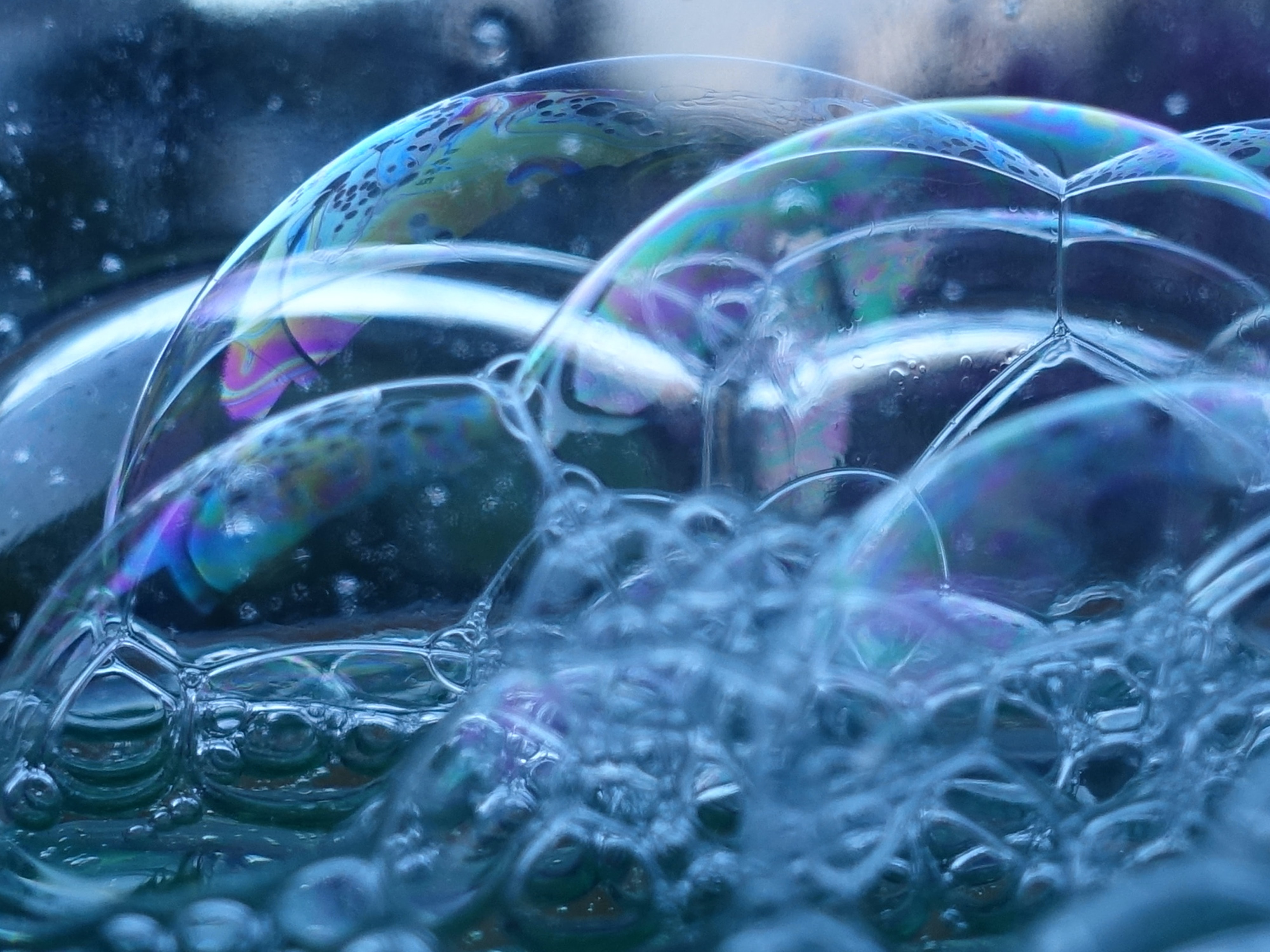
 6 minutos de leitura
6 minutos de leitura
2021-08-16 15:53:00
An industrial detergent serves a single purpose: to be a synthetic agent of cleaning. It is an essential product for health, safety and hygiene in all areas of human activity, such as retail, catering and the rest of the food industry. But there is another side to detergents that is making many rethink its usage.
The risks of conventional detergents
The growing use of traditional detergents has raised alerts among experts.
Conventional detergents, unlike ecological detergents, have chemicals that put the environment and human health at risk. As a result, the EU has drafted specific regulations on this matter. For example, since January 2017, regulations require detergents for industrial washing to have a phosphorus content of less than 0.3 grams in the defined standard dosage.
One of the major goals is to reduce the risk of eutrophication (from the Greek eutrophos or "well nourished"). This process occurs when a body of water receives a sizeable amount of organic matter enriched with minerals and nutrients, which induces excessive algae and aquatic plants’ growth.
What makes an ecological detergent?
Although there is no consensus on what “eco-friendly” detergents are, one way of defining them is by the absence of certain chemicals present in conventional detergents, which makes them especially hazardous to health and the environment. These are some of the main ones.
Chlorine
Some conventional detergents contain chlorine, which is activated once in contact with water to achieve a whitening effect. When operators open the washing machine, they unknowingly release the vapors resulting from the mixture between chlorine and water into the air.
Overexposure to such vapors can cause respiratory and eye infections. Besides this problem, the residue of this chemical is likely to remain in the equipment once the washing is complete. This causes the chlorine to be absorbed by the body when handling utensils.
Peracetic acid
To be ecological, a detergent must not contain peracetic acid and hydrogen peroxide above these reference doses:
By using detergents that abide by this legislation, companies keep the toxicity level for aquatic organisms within acceptable limits.
Phosphates
The presence of phosphorus is one of the key indicators that the detergent is not ecological. Phosphates cause “dead zones” in natural waterways by enabling growth of algae and other aquatic plants that endanger the survival of other species. Regulators have kept a watchful eye on this substance for a long time and have limited the allowed quantities per dose substantially.
Coconut or sugar oil
A surface-active agent, or surfactant, is a substance which lowers the surface tension of the medium in which it dissolves. It is one of the major ingredients in conventional detergents, playing a key role in keeping dirt suspended in water.
For this reason, conventional manufacturers use vegetable oils, such as coconut or sugar. But ecological detergents replace these elements by others that are biodegradable.
Palm oil
Ecological detergents do not use palm oil, or get it in a 100% sustainable way. Palm oil and its derivatives are closely associated with the deforestation of protected areas and the violation of human rights.
If an ecological detergent resorts to palm oil, or other oils of similar origin, it must have a sustainable production certificate.
Fragrances, preservatives, and colorants
Regulators restrict the number of hazardous substances in ecological detergents and strictly prohibit non-biodegradable fragrances, preservatives, and coloring agents.
Animal testing
Ecological detergents are “cruelty free”, which means producers do not test them on animals.
Non-recyclable packaging
In an eco-friendly detergent, plastic is recyclable and the use of materials such as high-density polyethylene or silicone in packaging is very limited.
Certification
Ecological detergents for industrial washing comply with criteria established by the Ecolabel for Businesses, defined in June 2017. This certificate ensures that the use of ecological detergents is safe for workers, and allow the entire washing process to be carried out with as little environmental impact as possible.
Conscious washing with ecological detergents
Sustainability is a responsibility of all organizations. Among the different processes that contribute to a company's environmental footprint, washing stands out for its use of chemicals that are potentially harmful to the environment and for the emission of waste.
In this context, it is essential to design an efficient and sustainable washing process, which uses biodegradable and eco-friendly detergents.
At Somengil, we created the MultiWasher, a machine designed with high environmental awareness and a smart energy consumption system, which allows us to use 2/3 less water than other industrial washing machines. In addition, the MutiWasher also consumes less detergent.
Although we do not recommend specific brands, we are guided by worldwide detergent benchmarks. The detergents we recommend are biodegradable, with no harmful toxic agents to the operator or the environment. We designed the MultiWasher to achieve an industrial washing process as ecological as possible:
- Plastic wash and other spray washes: detergents suitable for dosing and automatic control, ideal for ensuring excellent cleaning results with reduced water, energy and detergent expenditure;
- Washing of aluminium dishes and utensils: high concentration detergents that allow greater economy in use (e.g. smaller amount of detergent, less washing time);
- Automatic dishwashing: we use easily biodegradable detergents (90 to 100%) without inorganic substances such as sodium hydroxide.
Contact our team and make your processes more sustainable.
Também pode gostar

Lavagem Industrial / ArtigosArtigos
See you next time: 7 alternatives to disposable packaging
The proliferation of disposable packaging is damaging the planet. Fortunately, companies have a growing number of reusable, sustainable and cheap...
Postado em 2021-10-28


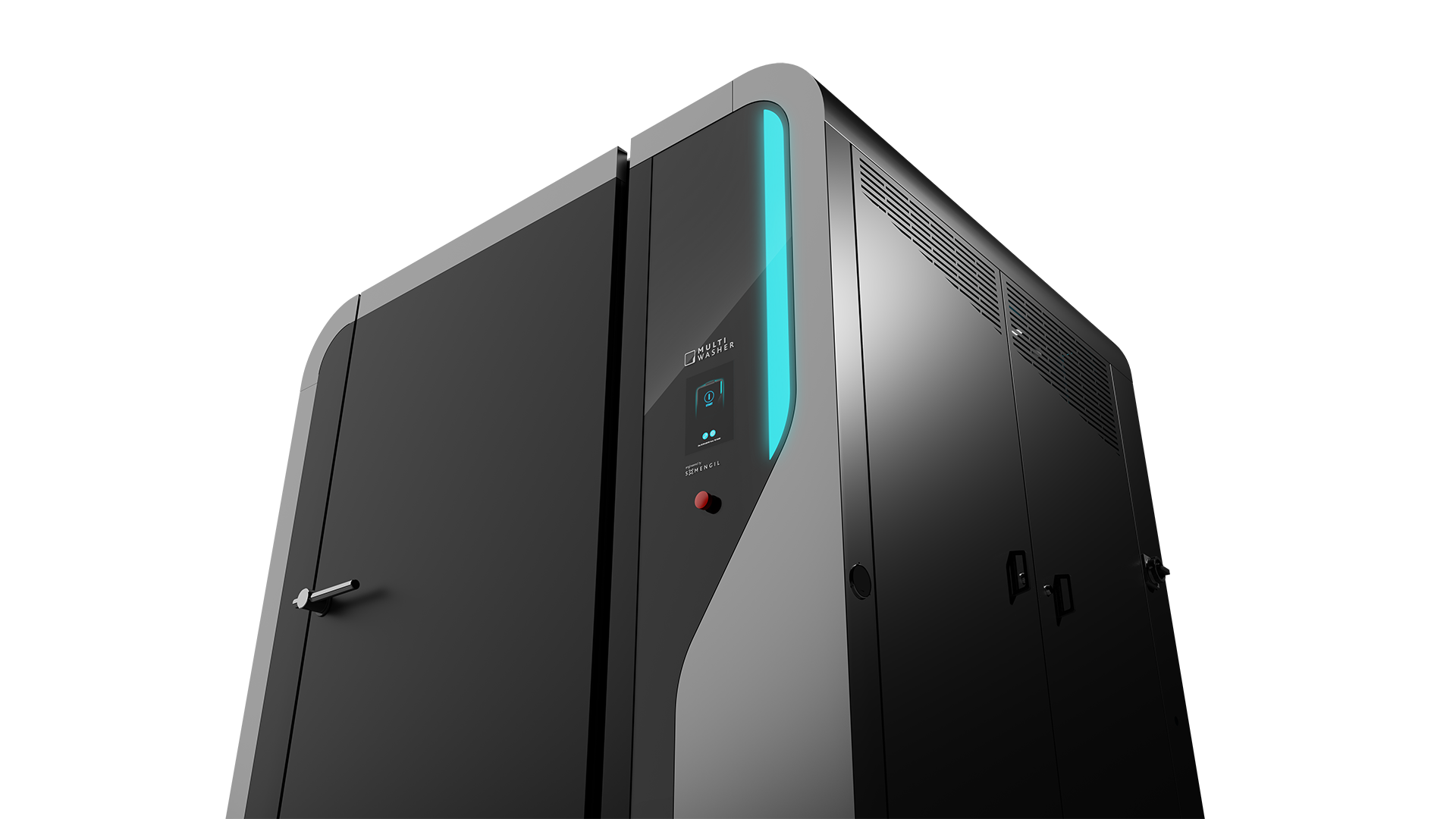

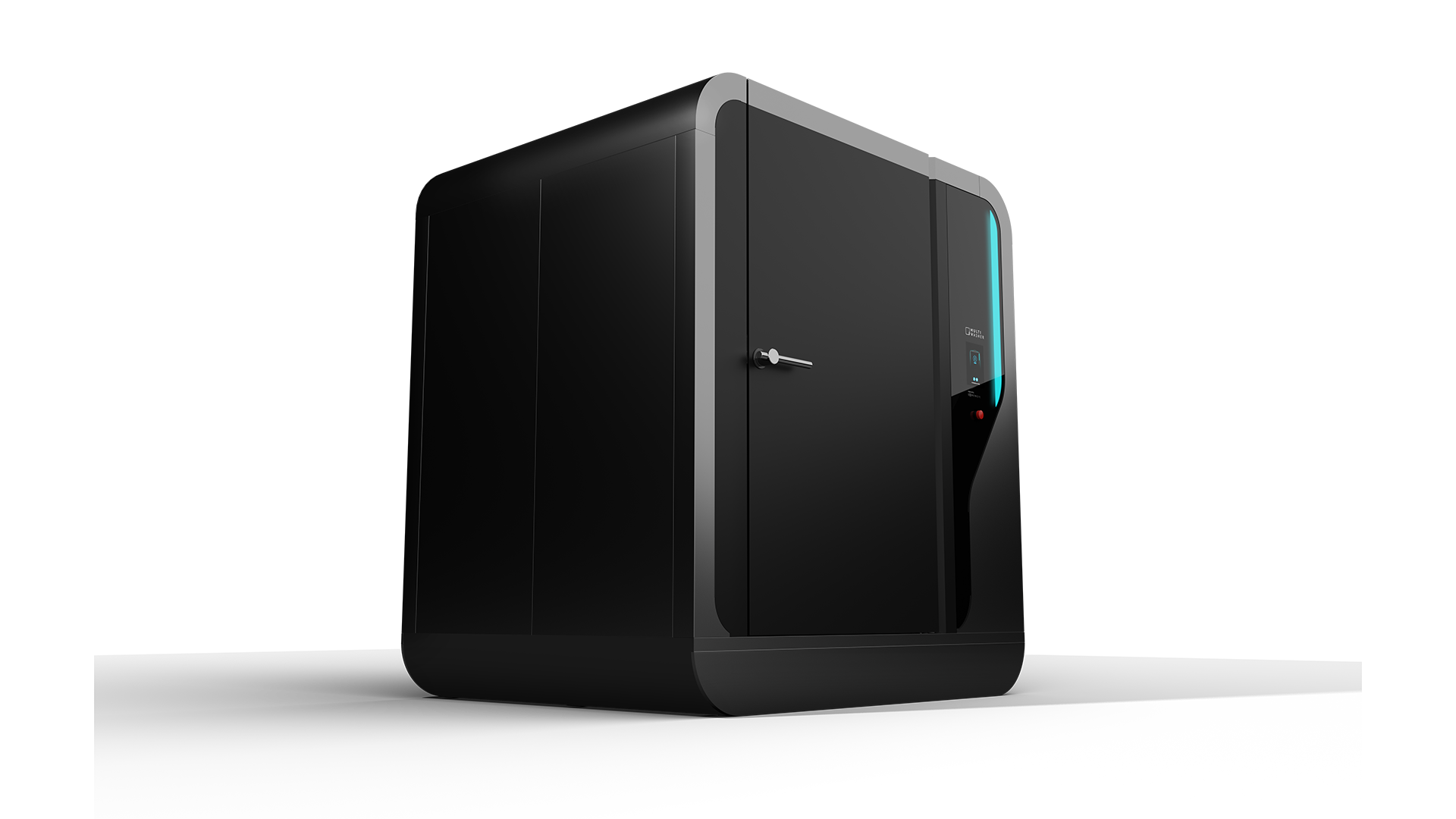
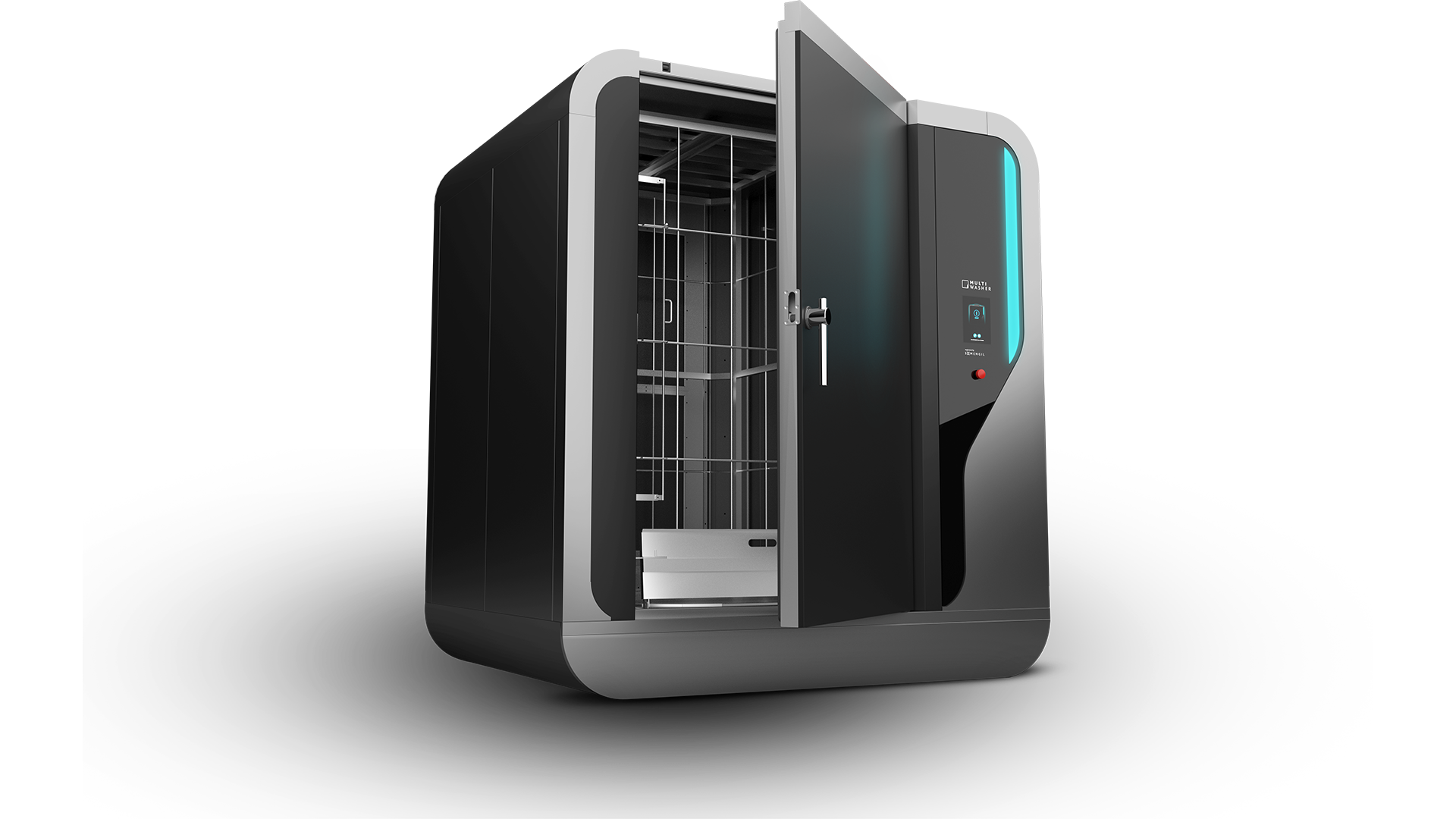

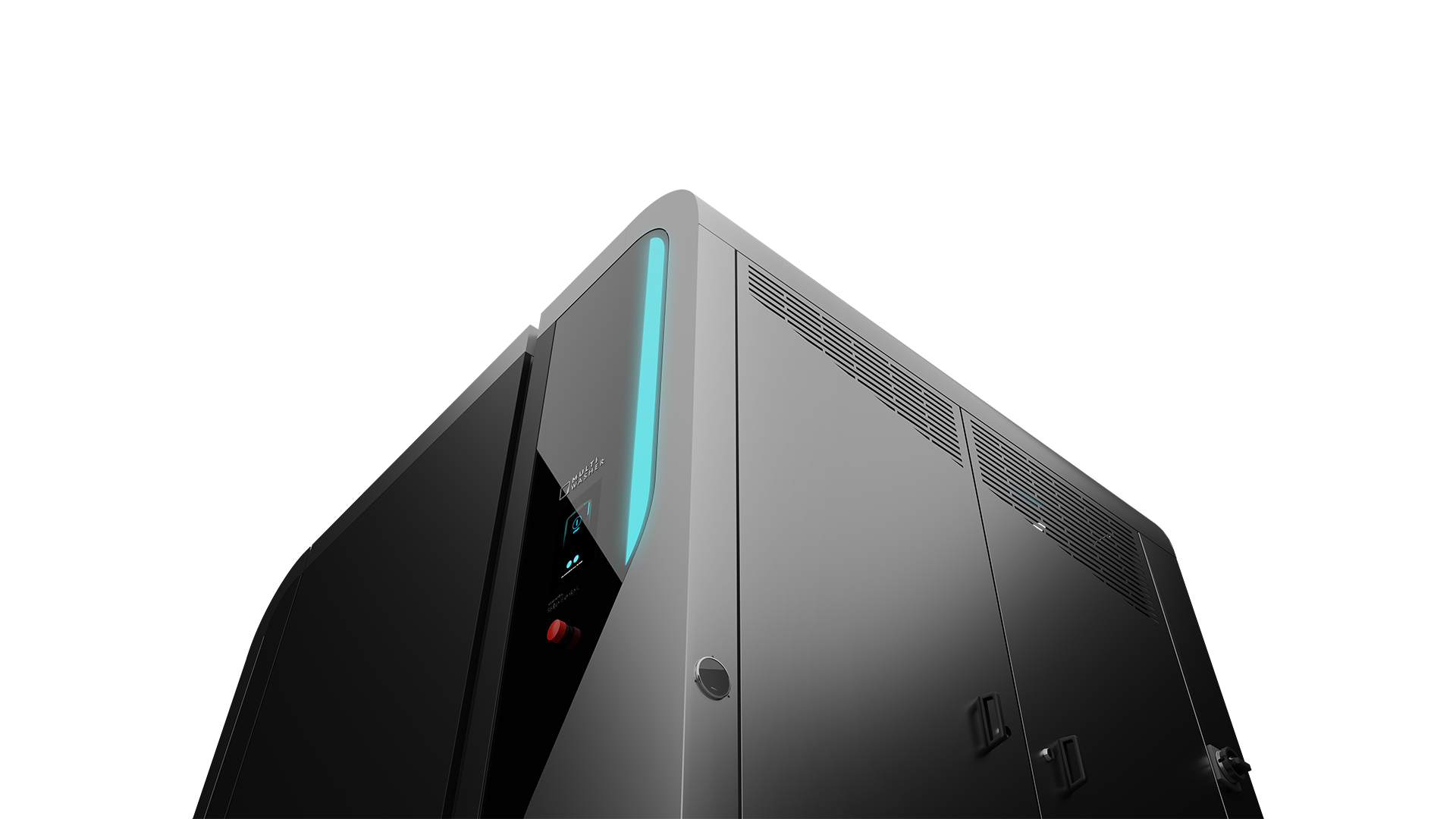


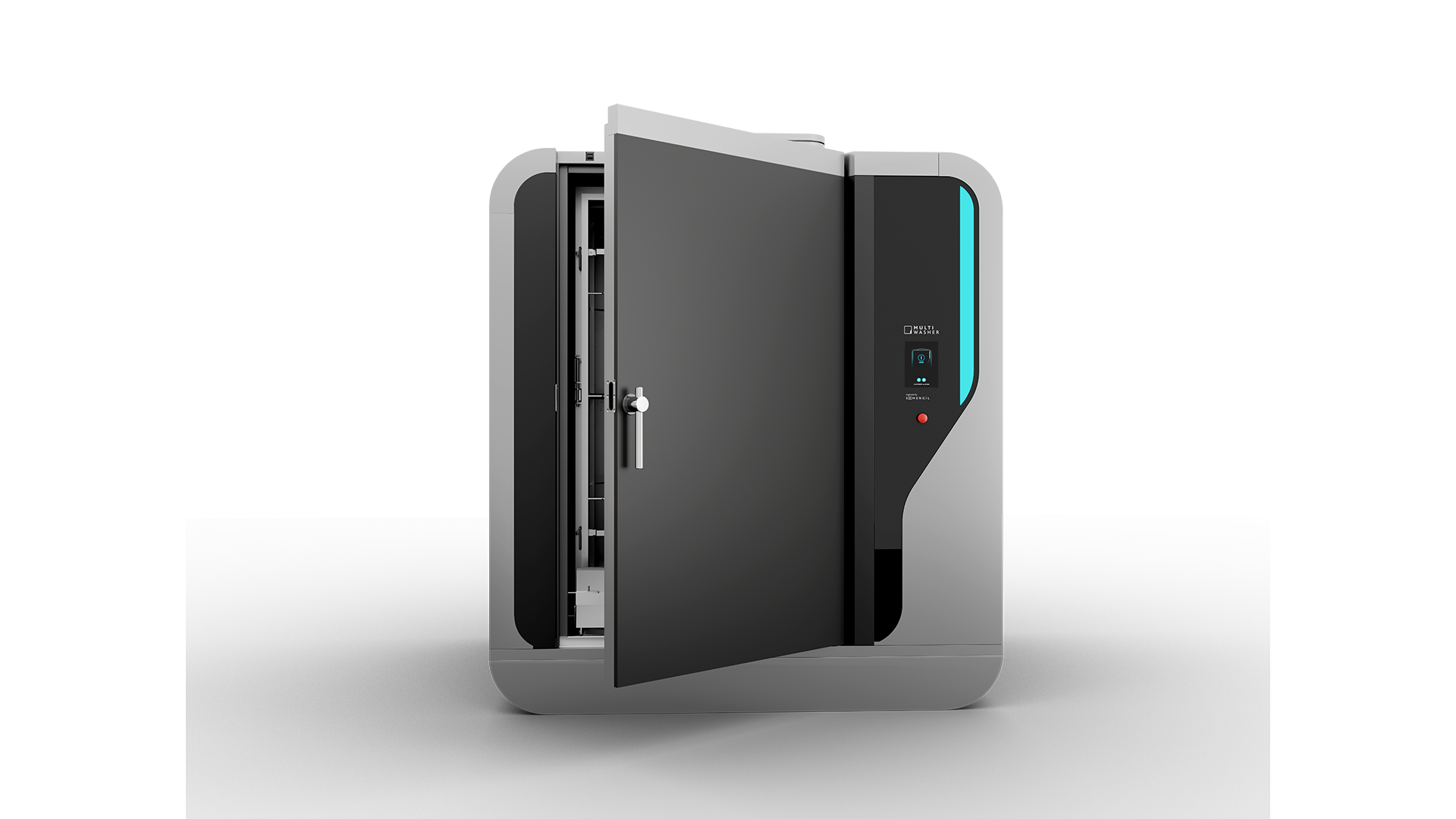
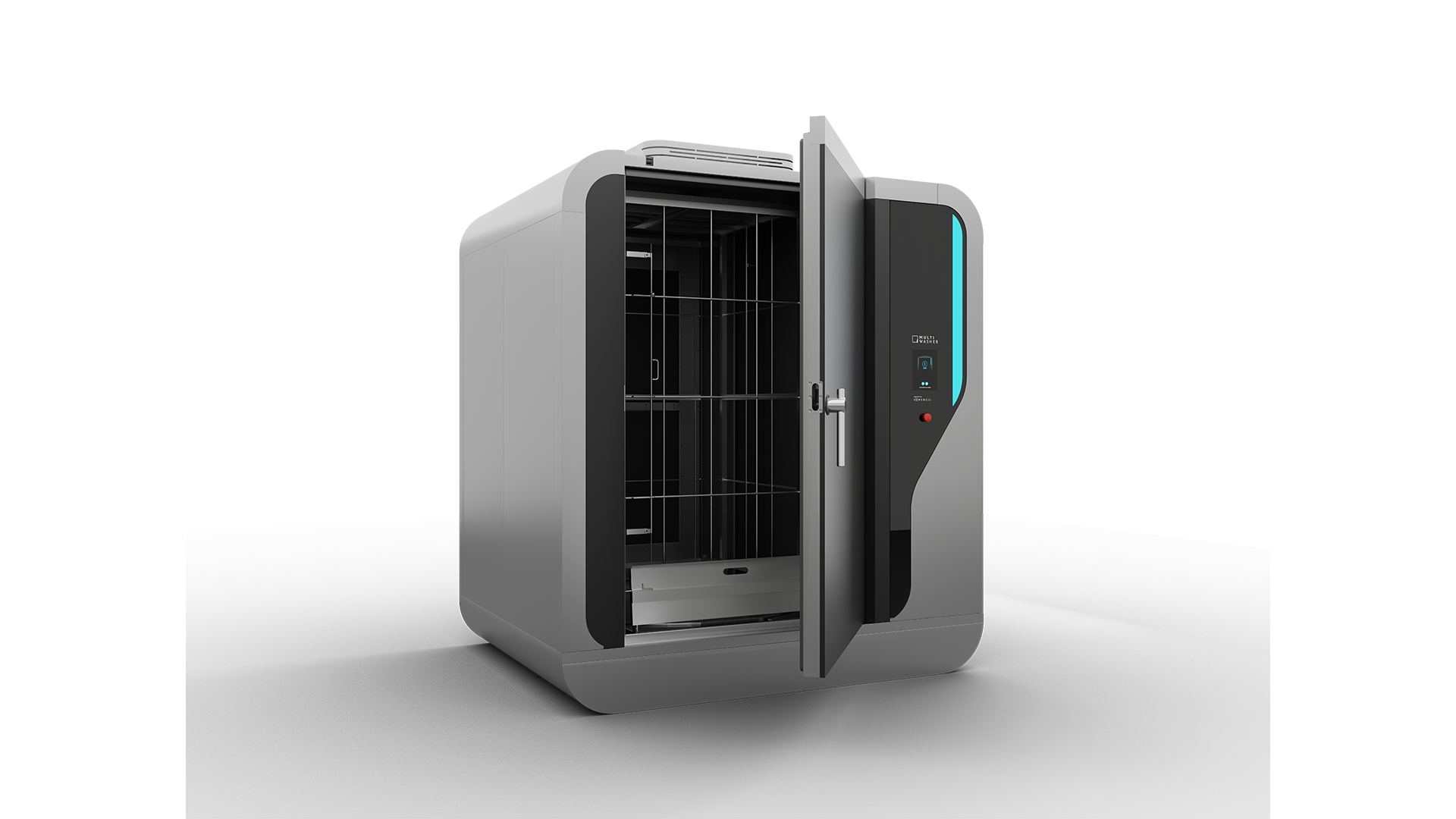



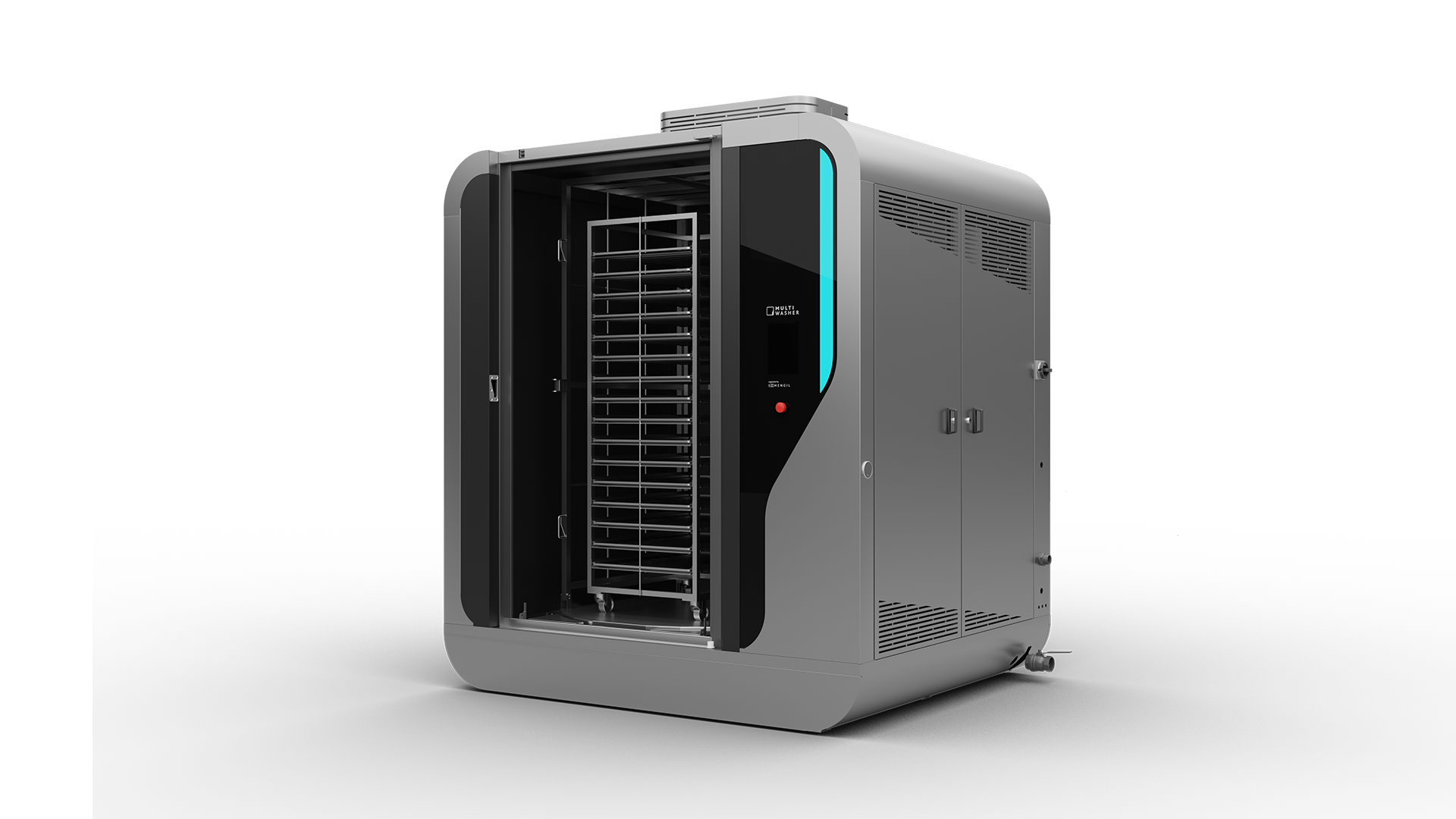
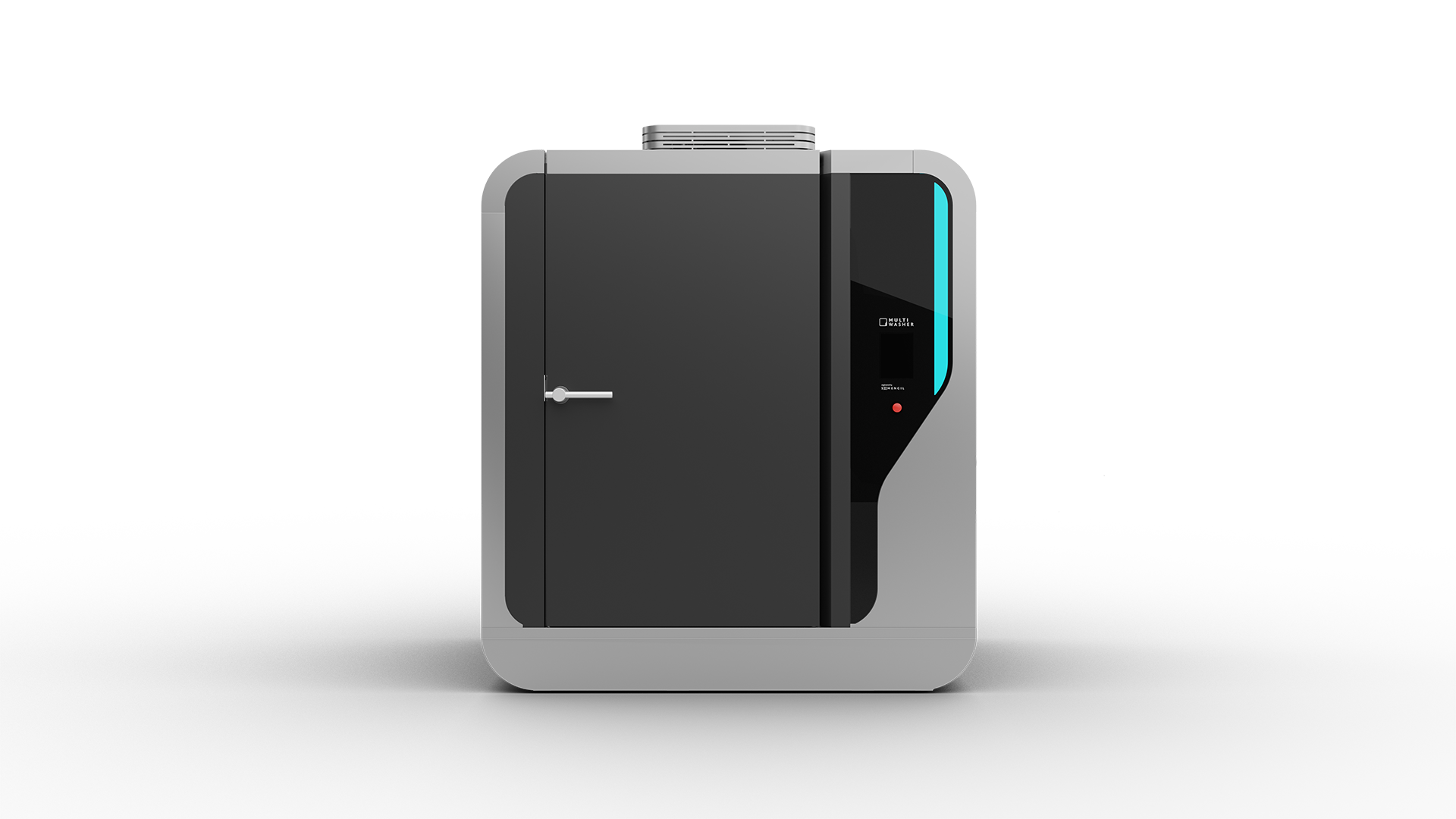


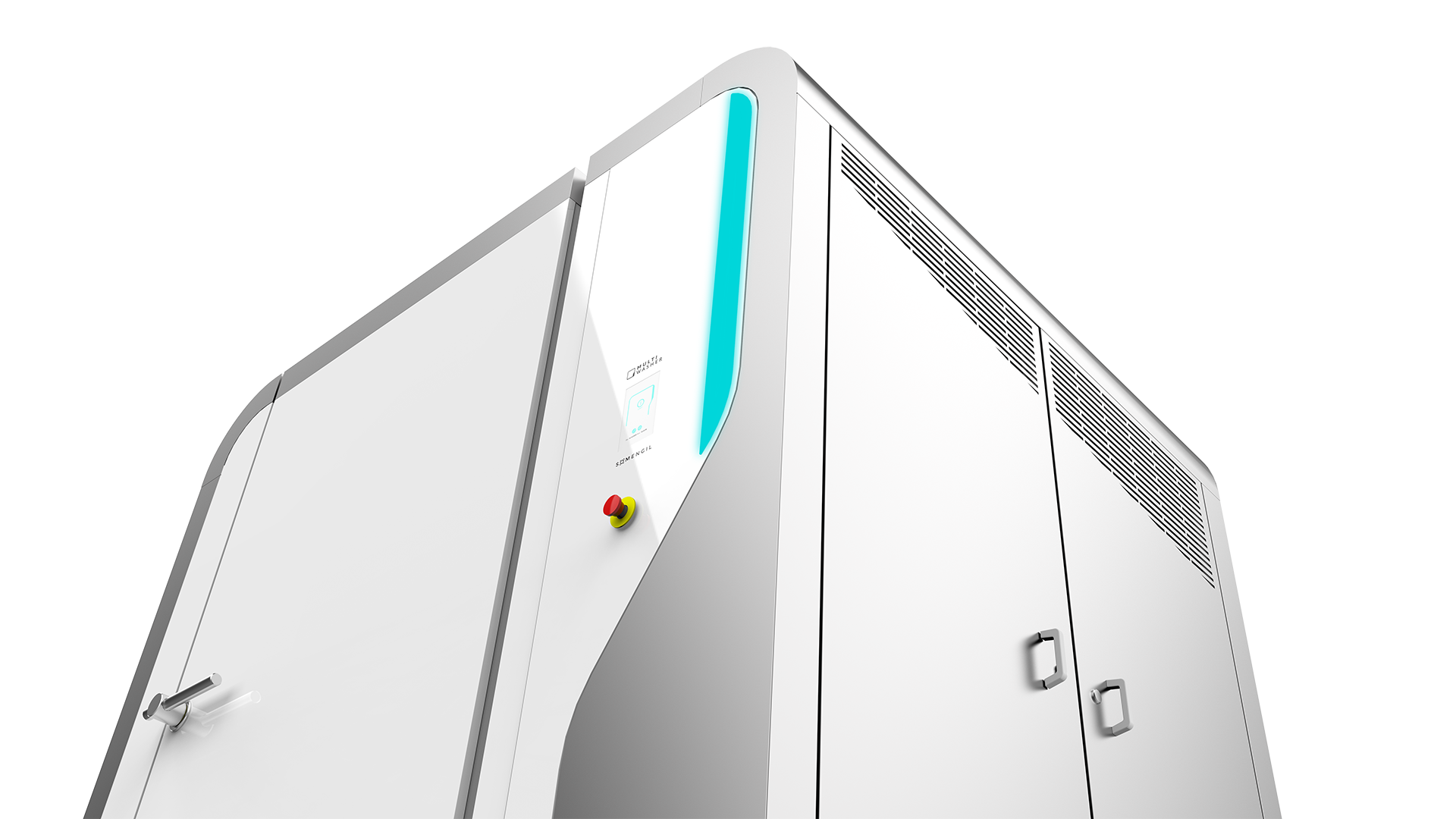

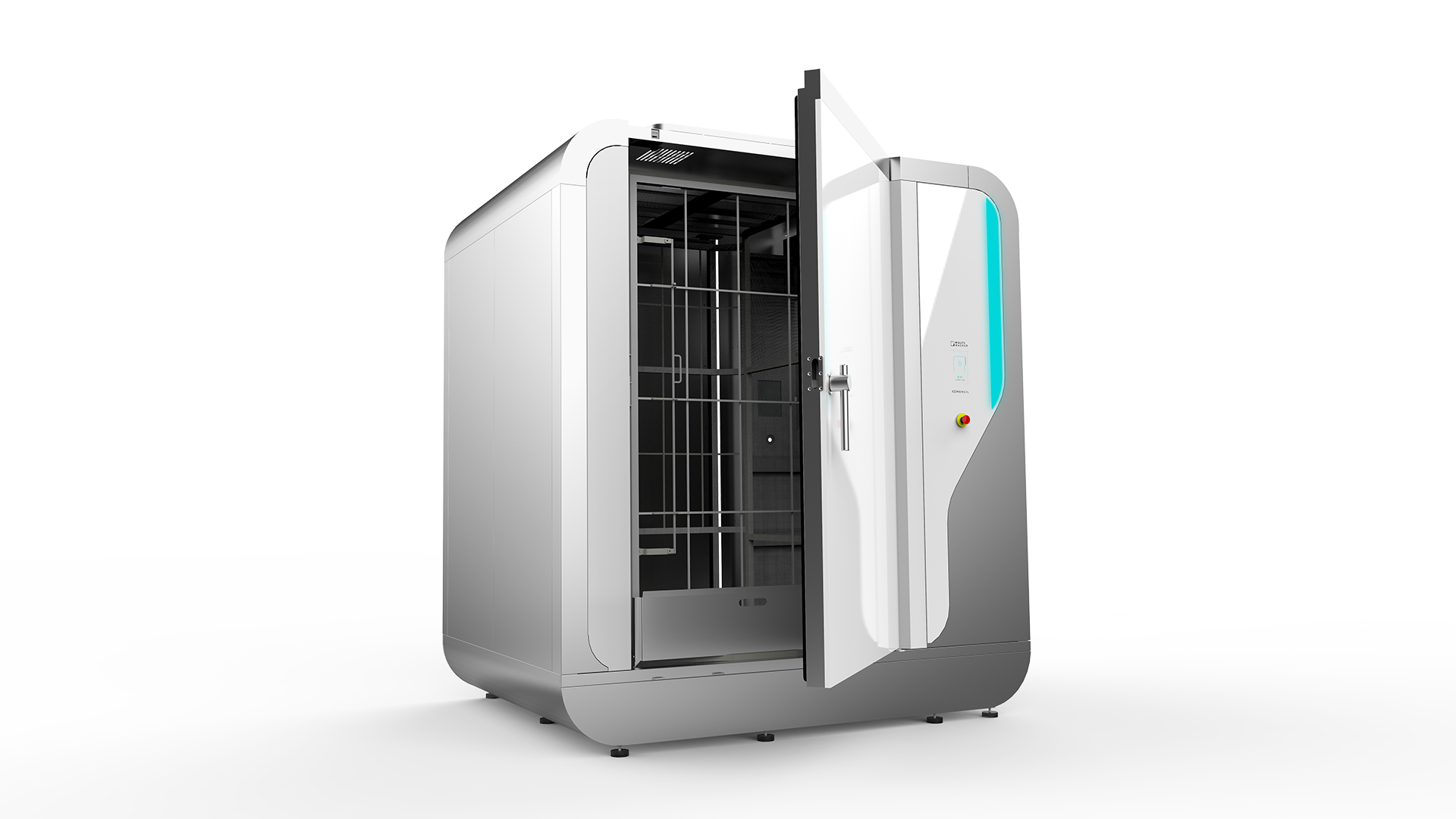

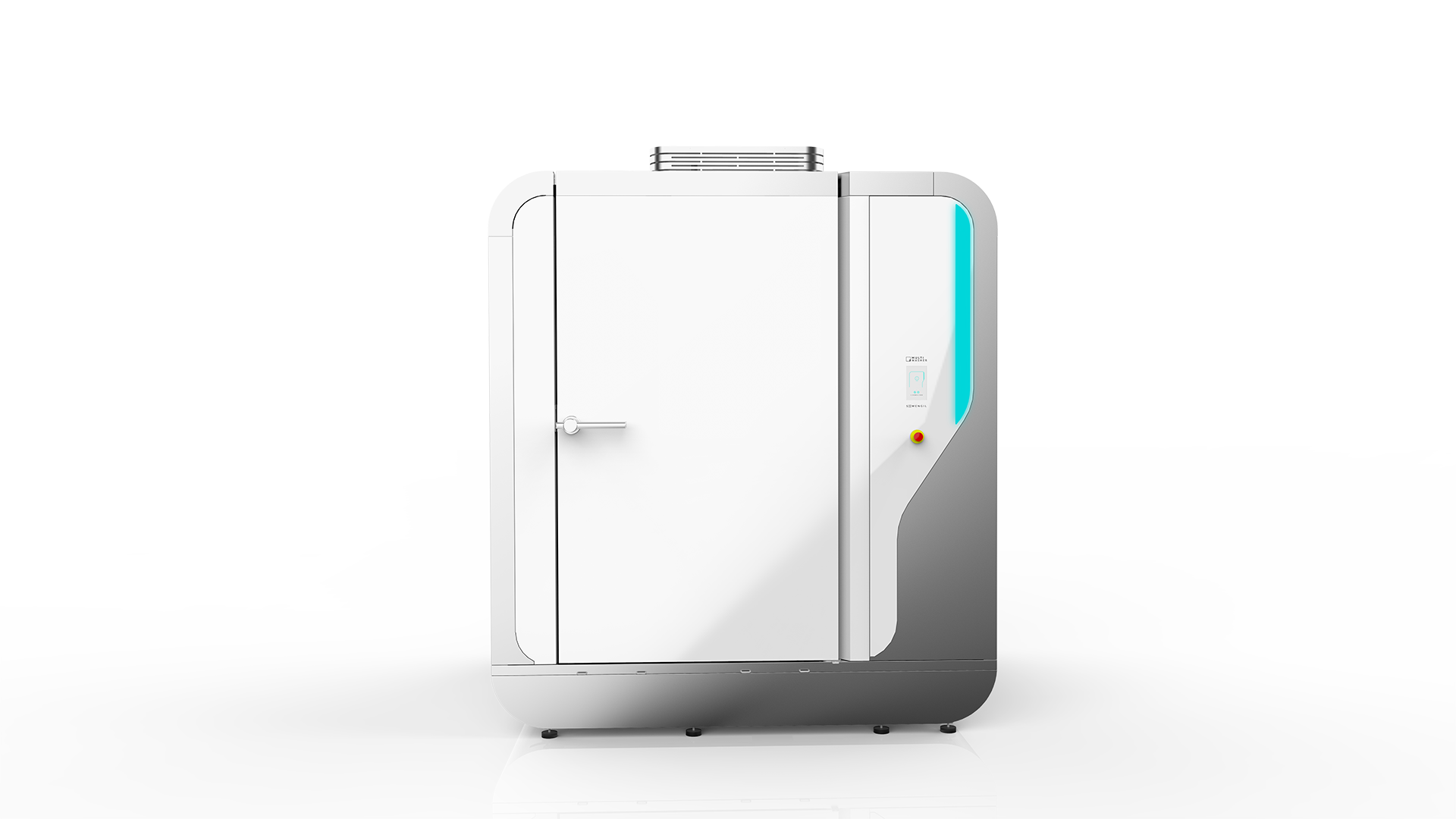
 Português
Português English (UK)
English (UK) English (USA)
English (USA) Français
Français Español
Español Deutsch
Deutsch